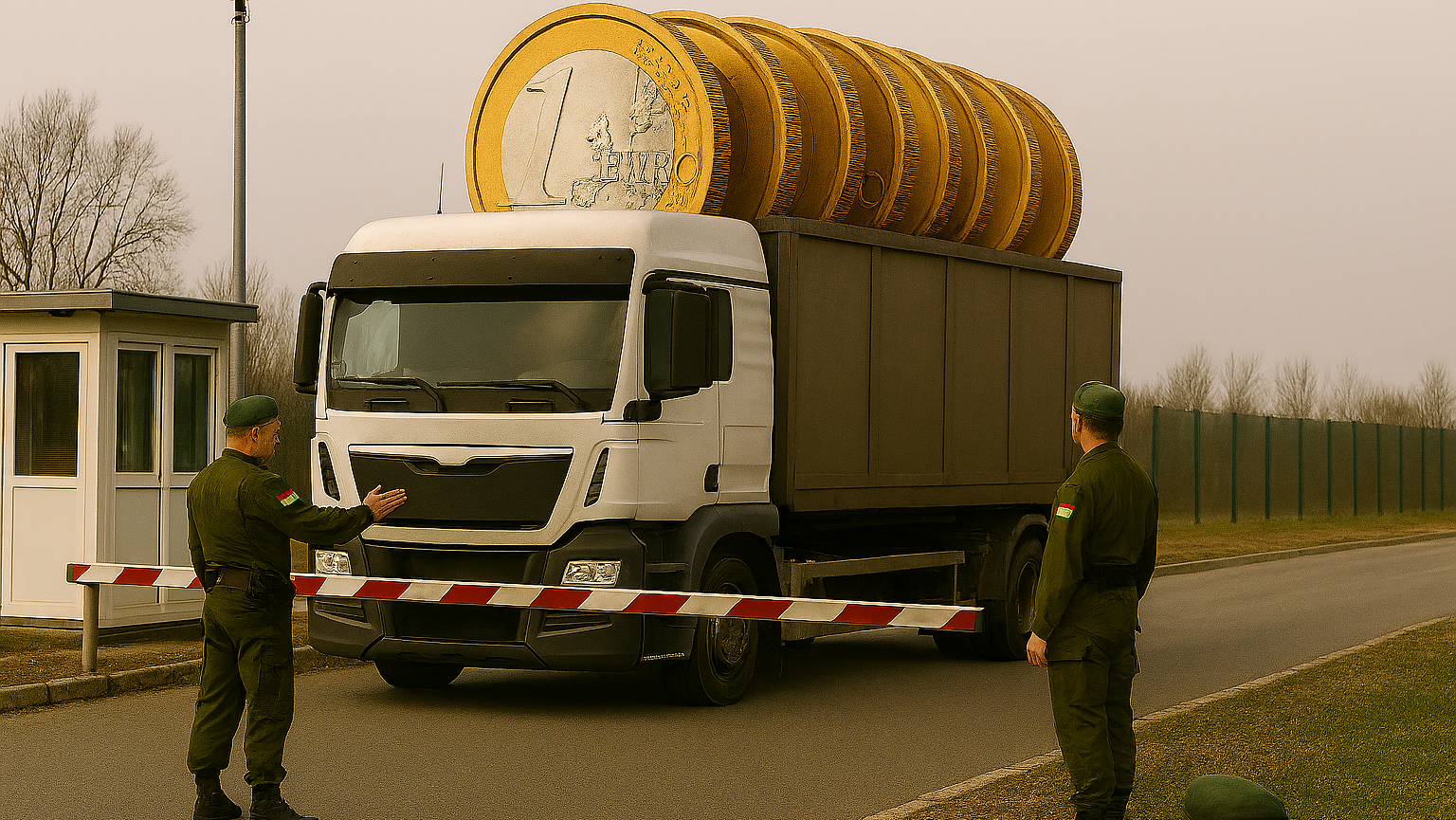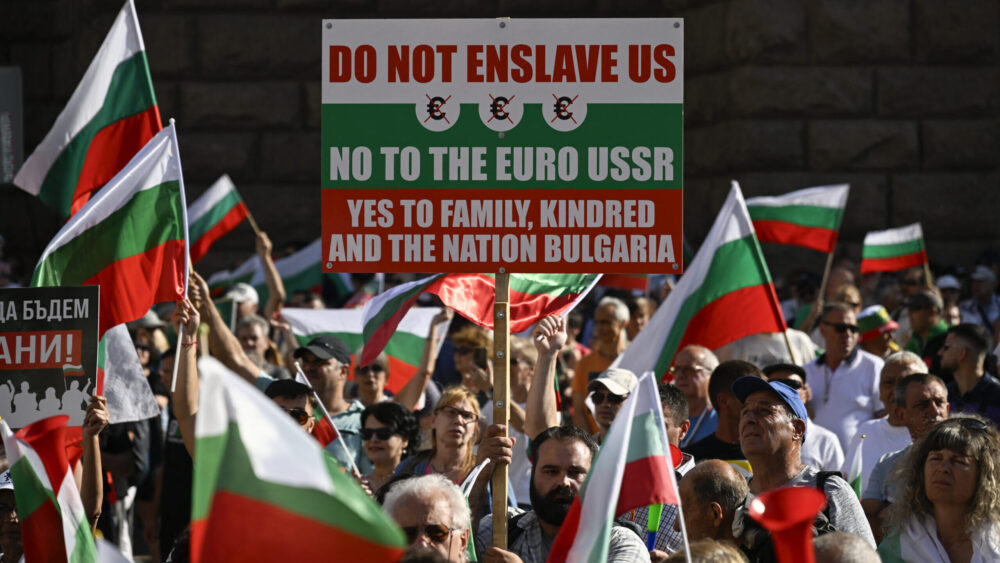
Brussels’ Reckless Push To Seize Russian Assets Will Hurt Europe
When the war ends, Moscow will come looking for its money, and European taxpayers will be legally bound to return it. And that’s just part of the problem.

When the war ends, Moscow will come looking for its money, and European taxpayers will be legally bound to return it. And that’s just part of the problem.

Prime Minister Orbán recently confirmed that Hungary has no intentions of joining the euro zone. This is one of his best and most consequential policy decisions ever.

The former prime minister’s ANO movement opposes the Green Deal, the adoption of the euro, and has vowed zero tolerance for illegal migration.

Facing a major budget gap, Bucharest must choose: fix the deficit or launch a broader economic rescue. So far, Prime Minister Bolojan has shown little leadership to do either.

While the government hails euro accession as a historic milestone, critics point to poor public support and warn of price shocks for ordinary citizens.
Protesters demonstrated outside the GERB party’s office against the forced adoption of the new currency.
As trust in fiat currencies fades, central banks return to the world’s oldest safe haven.

In a stunning admission, the central bank concedes that more public debt is the only path to more economic growth in the euro zone.
Nearly half of Bulgarians oppose the move, fearing inflation and loss of economic sovereignty—but EU elites push ahead anyway.
The Prague government is reviewing national preparedness to join the eurozone—while ruling it out in practice, for now.